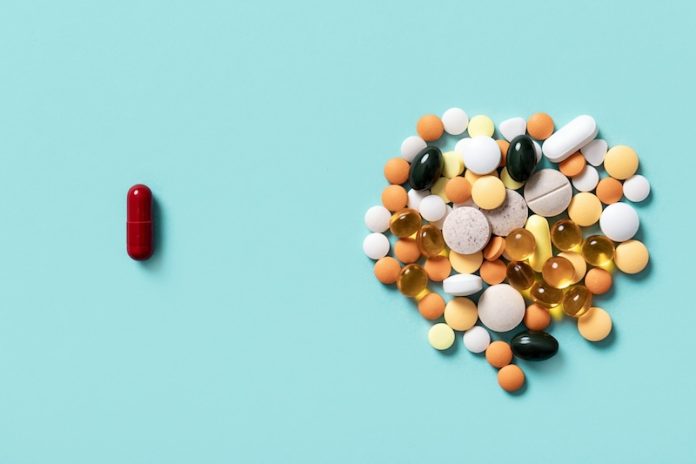
As we age, our bodies go through changes that can affect how we absorb and use nutrients. For those over 50, getting the right vitamins becomes even more important to maintain health, energy, and overall well-being.
While a balanced diet is always the best source of nutrients, certain vitamins deserve extra attention as you get older. Let’s explore which vitamins are most beneficial and why they matter.
Vitamin D is often called the “sunshine vitamin” because your body produces it when exposed to sunlight. This vitamin plays a crucial role in keeping your bones strong by helping your body absorb calcium.
After 50, vitamin D levels often decline due to less time outdoors or changes in how the skin produces it. Research shows that low levels of vitamin D are linked to an increased risk of osteoporosis and fractures.
Experts recommend 800 to 1,000 IU of vitamin D daily for older adults, either through sunlight, fortified foods, or supplements.
Vitamin B12 is another key nutrient for older adults. It helps maintain healthy nerve cells and supports the production of DNA and red blood cells. However, as we age, the stomach produces less acid, which is needed to absorb B12 from food.
Low levels of B12 can lead to fatigue, memory problems, and even nerve damage. Foods like fish, meat, eggs, and dairy are good sources, but many people over 50 need a supplement or fortified foods to meet their needs.
Calcium is essential for bone health, especially as bones tend to lose density with age. Women are particularly at risk of osteoporosis after menopause due to lower estrogen levels. Calcium works hand-in-hand with vitamin D to keep bones strong.
Dairy products, leafy greens, and fortified plant-based milks are excellent sources, but if you’re not getting enough from your diet, a supplement may be helpful. Most adults over 50 need 1,000 to 1,200 milligrams of calcium daily.
Vitamin C, known for its immune-boosting properties, also helps protect cells from damage and aids in collagen production, which keeps skin and joints healthy. As we age, the body’s ability to repair itself slows down, making vitamin C even more important.
Citrus fruits, strawberries, and bell peppers are excellent sources. Studies show that adequate vitamin C intake can also support healthy aging by reducing inflammation.
Omega-3 fatty acids, though not a vitamin, are worth mentioning for their heart and brain health benefits.
Found in fatty fish like salmon and mackerel, as well as walnuts and flaxseeds, omega-3s help reduce inflammation and may lower the risk of heart disease and cognitive decline. If you don’t eat fish regularly, consider a fish oil supplement.
Finally, vitamin E is a powerful antioxidant that protects cells from damage caused by free radicals. It may help reduce the risk of age-related conditions like heart disease and cataracts.
Nuts, seeds, and vegetable oils are good sources, but it’s important to avoid over-supplementing, as excessive vitamin E can be harmful.
Here are some practical tips for getting the vitamins you need after 50:
- Eat a varied diet. Focus on whole foods like fruits, vegetables, whole grains, lean proteins, and healthy fats to cover most of your nutritional needs.
- Get regular check-ups. Ask your doctor about blood tests to check for vitamin deficiencies, especially for vitamin D and B12.
- Consider supplements. If you struggle to get enough nutrients from food, talk to your doctor about adding supplements to your routine.
- Spend time outdoors. A little sunlight can go a long way in boosting your vitamin D levels.
- Stay hydrated. Proper hydration helps your body absorb and use nutrients effectively.
Taking care of your vitamin intake can help you feel your best and stay healthy as you age. Small steps, like choosing nutrient-rich foods and addressing deficiencies, can make a big difference in your overall well-being.
If you care about nutrition, please read studies about the power of beetroot juice, and the risks of mixing medications with dietary supplements.
For more health information, please see recent studies about how to boost iron intake: natural solutions for anemia, and results showing vitamin K may lower your heart disease risk by a third.
Copyright © 2025 Knowridge Science Report. All rights reserved.



